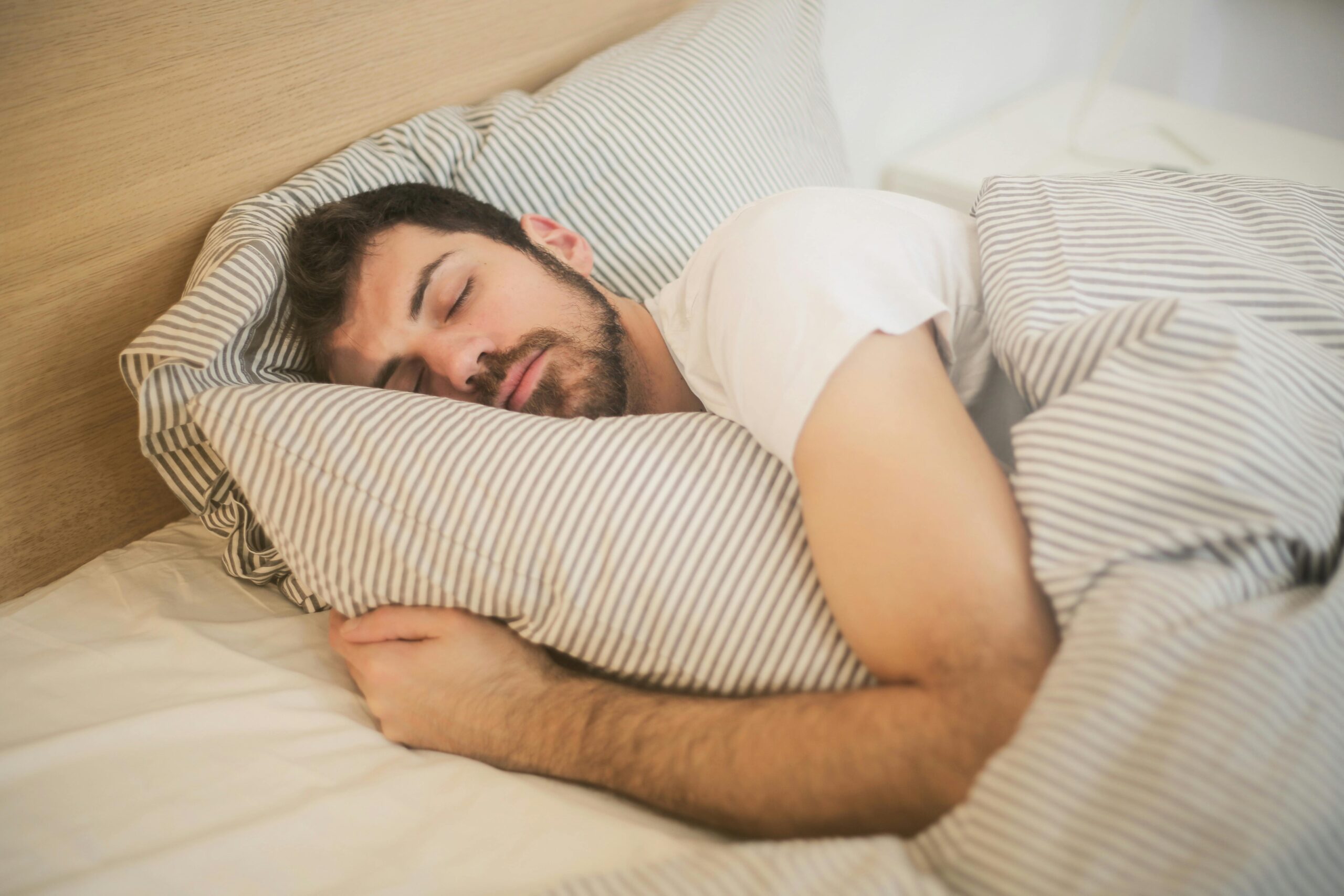Understanding the Truth: Sleep and Concussion Safety
It’s a question we hear often: “Can I let someone sleep after a concussion?” For years, the answer was surrounded by confusion and outdated advice. Today, we know better.
Yes—sleep is safe after a concussion, as long as a medical professional has ruled out serious complications like brain bleeds or skull fractures.
There’s no evidence that sleep increases the risk of coma or worsens outcomes after a mild traumatic brain injury (mTBI). On the contrary, it’s an essential part of healing.
What To Do in the First Few Hours
Sleep isn’t the danger—missing early warning signs is. That’s why the first 3 to 4 hours post-injury are critical for monitoring:
- Stay with the person and observe their symptoms
- Watch for red flags like:
- Severe or worsening headache
- Repeated vomiting
- Confusion or difficulty waking
- Unequal pupils or slurred speech
If no red flags are present and a doctor has cleared them, you can let them rest.
How Concussions Interfere With Sleep
Following a concussion, it’s common for sleep to be disrupted. You may notice:
- Trouble falling or staying asleep
- Feeling unusually tired throughout the day
- Waking frequently or not feeling rested
These changes are tied to how the injury affects the brain’s natural sleep-wake rhythm. Chemical shifts—including decreased melatonin and increased brain excitability—make restful sleep harder to achieve.
Why Sleep Is Essential for Recovery
Sleep helps the brain recover. It supports critical processes that:
- Clear out waste and inflammation
- Repair damaged neural connections
- Restore mental clarity, memory, and focus
Poor sleep after a concussion is linked with prolonged symptoms and slower recovery—especially in adolescents.
One study found that teens with persistent symptoms six months after a concussion were significantly more likely to report insomnia, anxiety, and mood disturbance.
Sleep Tips for Concussion Recovery
To support healing, build healthy sleep habits:
- 🕰️ Keep a consistent sleep schedule, even on weekends
- 🌘 Limit screen time before bed
- 🛏️ Make your sleep space cool, dark, and quiet
- 🚫 Skip caffeine and alcohol while recovering
- ⏰ Aim for 8–10 hours of sleep per night
Oversleeping can also cause fatigue and disrupt night-time patterns—listen to your body, but maintain routine.
When to Get Medical Help
Sleep is safe, but serious head injuries need urgent care. Don’t delay if you see:
- Loss of consciousness longer than 30 seconds
- Multiple episodes of vomiting
- Seizures or twitching
- Confusion that worsens over time
When in doubt—call us or visit the emergency department.
The Bottom Line
- ✅ Sleep is safe once serious complications are ruled out
- ⏱️ Stay awake and monitor during the first few hours
- 💤 Sleep well to support brain recovery
- 🚨 Watch for red flags—and don’t hesitate to seek help
If you’re unsure what to do after a head knock, we’re here for you. At Concussion Hotline, we guide athletes and families through every step of the recovery process—with empathy, clarity, and expert medical support.
Because when it comes to brain health, knowing what to do next makes all the difference.
